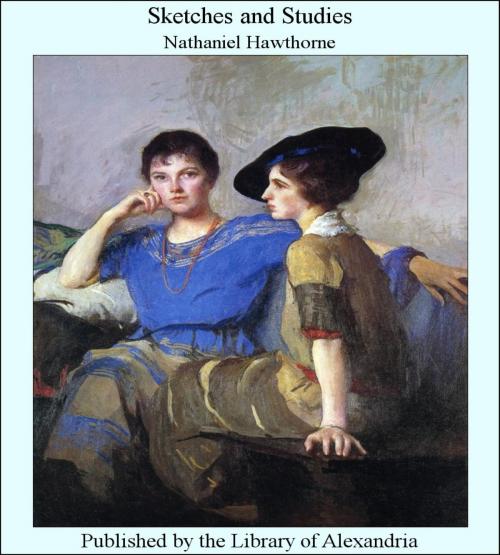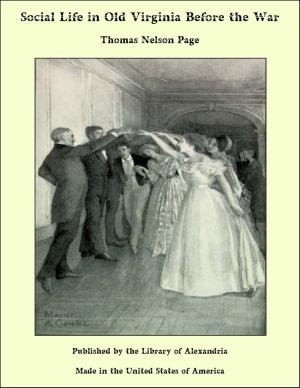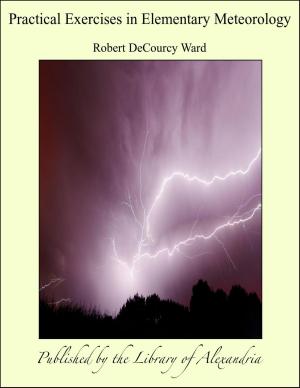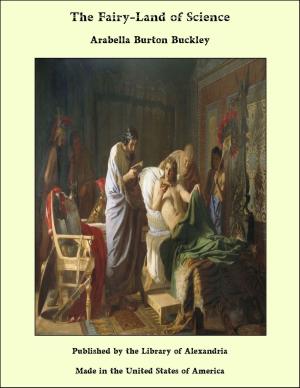| Author: | Nathaniel Hawthorne | ISBN: | 9781465521446 |
| Publisher: | Library of Alexandria | Publication: | March 8, 2015 |
| Imprint: | Language: | English |
| Author: | Nathaniel Hawthorne |
| ISBN: | 9781465521446 |
| Publisher: | Library of Alexandria |
| Publication: | March 8, 2015 |
| Imprint: | |
| Language: | English |
The author of this memoir—being so little of a politician that he scarcely feels entitled to call himself a member of any party—would not voluntarily have undertaken the work here offered to the public. Neither can he flatter himself that he has been remarkably successful in the performance of his task, viewing it in the light of a political biography, and as a representation of the principles and acts of a public man, intended to operate upon the minds of multitudes during a presidential canvass. This species of writing is too remote from his customary occupations—and, he may add, from his tastes—to be very satisfactorily done, without more time and practice than he would be willing to expend for such a purpose. If this little biography have any value, it is probably of another kind—as the narrative of one who knew the individual of whom he treats, at a period of life when character could be read with undoubting accuracy, and who, consequently, in judging of the motives of his subsequent conduct, has an advantage over much more competent observers, whose knowledge of the man may have commenced at a later date. Nor can it be considered improper (at least, the author will never feel it so, although some foolish delicacy be sacrificed in the undertaking) that when a friend, dear to him almost from boyish days, stands up before his country, misrepresented by indiscriminate abuse on the one hand, and by aimless praise on the other, he should be sketched by one who has had opportunities of knowing him well, and who is certainly inclined to tell the truth.
The author of this memoir—being so little of a politician that he scarcely feels entitled to call himself a member of any party—would not voluntarily have undertaken the work here offered to the public. Neither can he flatter himself that he has been remarkably successful in the performance of his task, viewing it in the light of a political biography, and as a representation of the principles and acts of a public man, intended to operate upon the minds of multitudes during a presidential canvass. This species of writing is too remote from his customary occupations—and, he may add, from his tastes—to be very satisfactorily done, without more time and practice than he would be willing to expend for such a purpose. If this little biography have any value, it is probably of another kind—as the narrative of one who knew the individual of whom he treats, at a period of life when character could be read with undoubting accuracy, and who, consequently, in judging of the motives of his subsequent conduct, has an advantage over much more competent observers, whose knowledge of the man may have commenced at a later date. Nor can it be considered improper (at least, the author will never feel it so, although some foolish delicacy be sacrificed in the undertaking) that when a friend, dear to him almost from boyish days, stands up before his country, misrepresented by indiscriminate abuse on the one hand, and by aimless praise on the other, he should be sketched by one who has had opportunities of knowing him well, and who is certainly inclined to tell the truth.















